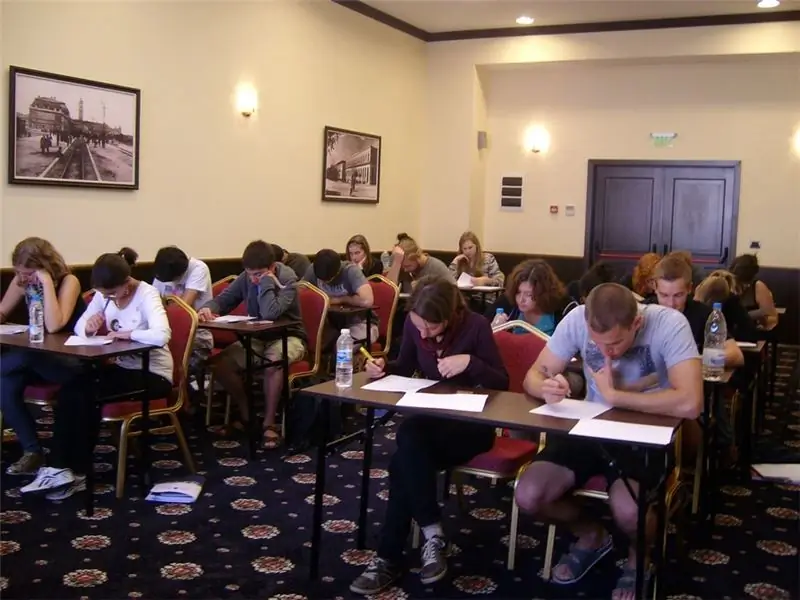
The Republic of Bulgaria is a favorite summer vacation spot for Russian tourists who prefer the familiar Black Sea without any special tropical exoticism. At local resorts, everything is very familiar and similar to Russian - simple hospitable people, hearty and varied cuisine and even the state language of Bulgaria is somewhat reminiscent of the native language. By the way, lexically it is very close to Church Slavonic.
Some statistics and facts
- The state language of Bulgaria is the first and so far the only one among the official languages in the European Union, based on the Cyrillic alphabet.
- Bulgarians make up almost 85% of the country's population. The second place is taken by the Turks, who make up about 9% of the republic. Most of them live in the regions of Burgas, Silistra and Razgrad.
- In addition to Turkish and Bulgarian, in Golden Sands and Sunny Beach you can hear Gypsy, Russian, Armenian, Romanian and Macedonian speech.
- From the middle of the 19th century to the second half of the 20th century, German and French were popular foreign languages in the country. After the Second World War, Russian took the leading position and until 1990 it was the most actively studied foreign language both in schools and universities.
Nine million native speakers
That is how many people in the world speak Bulgarian, and besides Bulgaria itself, it is circulated in Romania and Slovakia, Serbia and Ukraine.
The state language of Bulgaria has gone through four periods during its existence, and the most ancient of the stages of its development is the pre-written one. With the advent of the Cyrillic alphabet, the formation of the Old Bulgarian language begins. Over the centuries, grammar and morphology have changed and Middle Bulgarian, and then New Bulgarian, appears. The modern dialect is characterized by numerous borrowings from Turkish and other Balkan languages. There are many Arabic and Greek words in Bulgarian.
Tourist notes
The middle and older generation of Bulgarians are fluent in Russian, and therefore, a Russian tourist does not have any particular problems while vacationing in the Black Sea resorts. Young people are intensively studying English, because after Bulgaria joined NATO in 2004, it became the most popular foreign language among schoolchildren and students.
In the tourist areas of Bulgaria, most of the information is also translated into Russian. For example, menus in cafes and restaurants, opening hours of shops and spas, traffic patterns. To visit the sights, you can always use the services of Russian-speaking guides.






